Monday, 22 April 2024
Menu
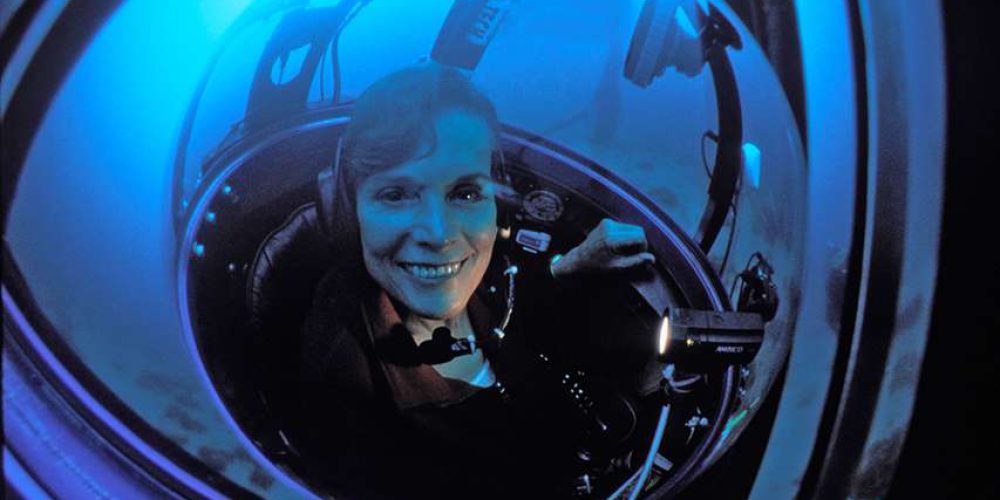
In her opinion, the development of deep-sea mining could have dire consequences on a global scale. Intensified extraction of raw materials from the depths of the oceans will threaten not only underwater ecosystems but also the entire world.
Exploration companies are increasingly looking to the ocean depths. This is all because it is becoming increasingly difficult to obtain many strategic raw materials. Deposits on the surface are not able to meet demand and the solution to the problem is to develop deep-sea mining.
However, the renowned oceanographer Sylvia Earle warns of the dire consequences that the expansion of this sector could have. You don’t have to be a brilliant scientist to realise how serious the situation is. Wherever huge amounts of money are involved, the welfare of the environment is at stake.
As a result of the activities carried out by deep-sea mining companies, many ecosystems may be degraded or destroyed. All the more so because we still know relatively little about the ocean depths. This may lead to a situation where many creatures and entire ecosystems will never be known because they will be lost.
Currently, deep-sea mining is an extremely fast-growing field of experimental extraction of raw materials from the seabed. It involves extracting raw materials and minerals at depths of more than 200 metres. At the moment, most mining is carried out by companies in shallow coastal waters. This is where they extract valuable raw materials such as diamonds.
However, much of the attention of deep-sea mining companies is attracted by the mining of polymetallic nodules, polymetallic sulphides and cobalt-rich ferromanganese shells. Most of the locations that attract the attention of this industry are at depths of between 1,400 and 3,700 m, near extinct hydrothermal vents.
Deep-sea mining, like any extractive activity, raises concerns about its potential environmental impact. Organisations such as Greenpeace and the Deep Sea Mining Campaign argue that exploitation of the seabed should not be allowed. All because of the risk ofdestroying deep sea ecosystems and heavy metal pollution. Because of the potential catastrophic effects on the environment, leading environmental organisations and state authorities have called for moratoriums or outright bans.
In addition, deep-sea mining activities increase ambient noise in pelagic areas, which are generally quiet. We already know that deep-sea fish and marine mammals are affected by anthropogenic noise. Possible consequences include behavioural changes, communication difficulties and temporary and permanent hearing damage.
As a species, we need to show responsibility and forethought, as deep-sea mining could be what destroys the last uncharted area on our planet, and even ourselves.
Photo: Kip Evans


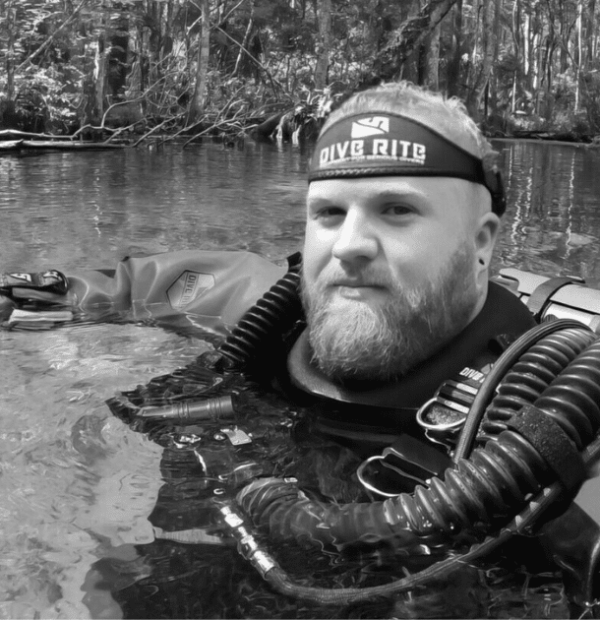

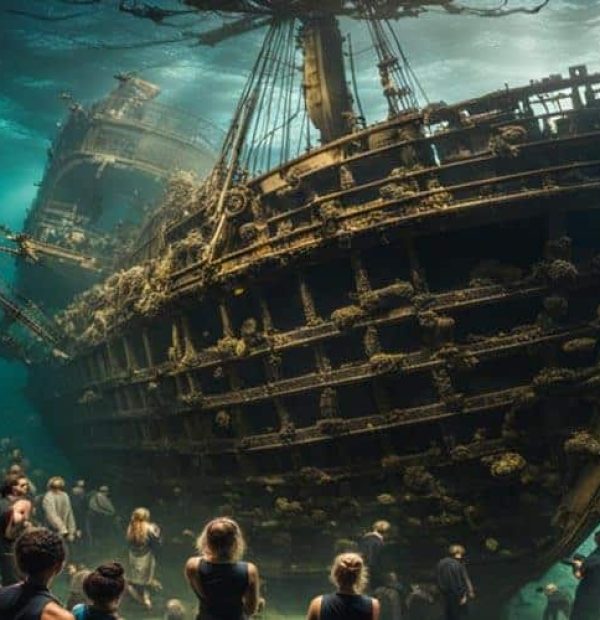
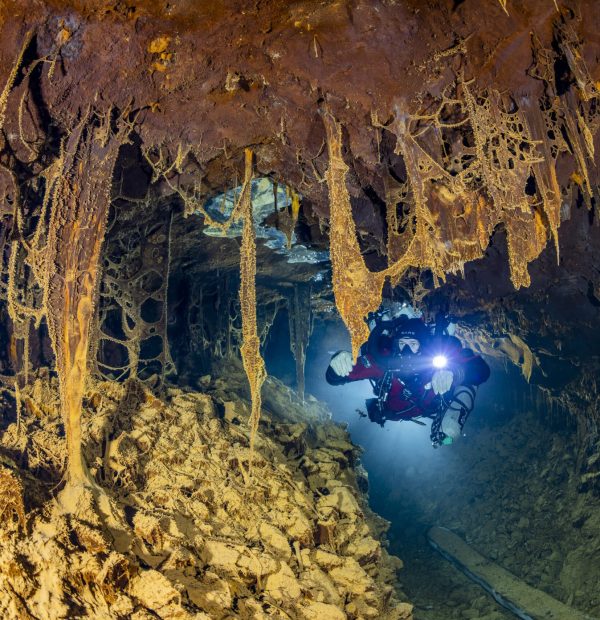
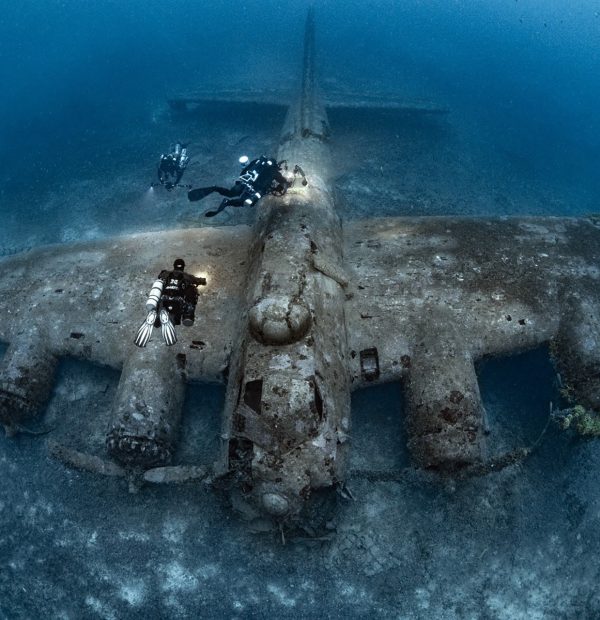
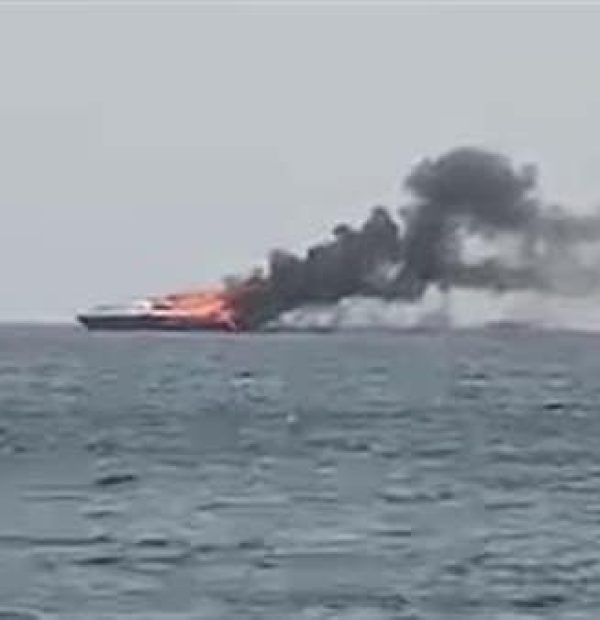
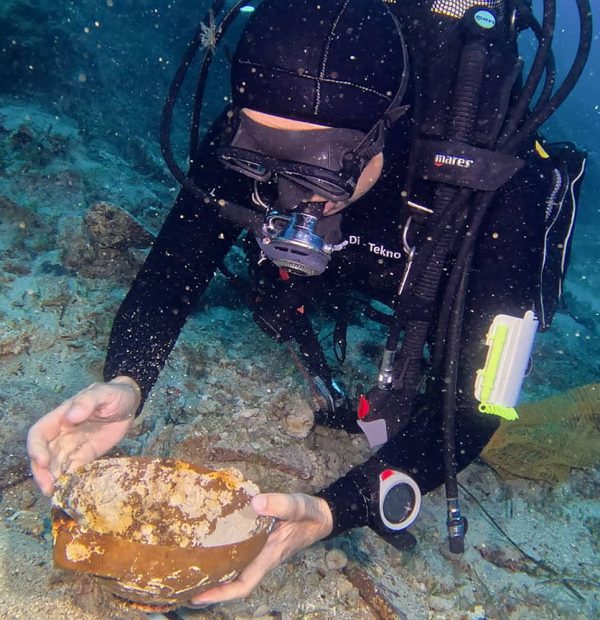

Welcome to DIVERS24.COM, your daily source of scuba news, freediving, scuba diving information, and equipment reviews. Our comprehensive coverage of the dive industry from A to Z provides you with all the latest scuba news, training updates, underwater photography tips, and everything else related to scuba diving. Whether you’re a beginner or an experienced diver looking for more knowledge about scuba gear or techniques – we’ve got it covered! With our in-depth articles written by experienced divers who have been there and done that, you are sure to find exactly what you need here at Divers24.com. Dive into scuba news today!
Underwater Media Sp. z o.o.
Szafarnia 11/F8,
80-755 Gdansk, Poland
Welcome to DIVERS24.COM, your daily source of scuba news, freediving, and scuba diving information. Sign in for a weekly news update and discount coupons for dive gear and apparel.
@2023 - underwatermedia.pl. All Right Reserved. Designed and Developed by Tworzenie stron internetowych Gdansk

The Divers24 portal is currently the largest online medium treating diving in Poland. Since 2010 we have been providing interesting and important information from Poland and around the world on all forms of diving and related activities.
Contact us: info@divers24.com